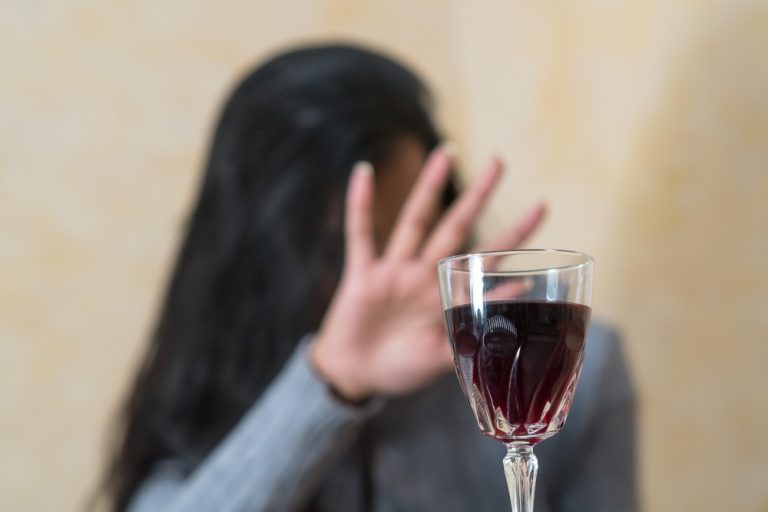Sleep disturbances, particularly insomnia, can impair emotional regulation and worsen mental health conditions such as depression and anxiety. Poor sleep reduces the body’s ability to resist cravings and manage impulses, making relapse more likely. Moreover, ongoing sleep problems can weaken the immune system, decrease cognitive functioning, and elevate stress levels, further complicating recovery efforts. Addressing sleep issues is therefore essential to support sustained sobriety and overall health during recovery. There is a tremendous amount of scientific evidence that contributes exercise with better sleep. Implementing a regular exercise routine can help contribute to falling asleep faster, having more restful sleep, and waking up with increased energy.
Personal Relaxation Methods
- If you or a loved one is struggling with insomnia during sobriety, knowing strategies to improve your deep sleep without the assistance of drugs or alcohol can be life-changing.
- Not only can insomnia predate treatment, but often, it may get worse during an alcohol detox program.
- Our main objective is to provide you the finest products for a natural mind and body relaxation.
- The collective wisdom of support groups can be the key to conquering insomnia.
- Here is my top 10 list of herbs for a person that quit drinking and can’t sleep.
So you must remain vigilant and understand that using drugs or alcohol will not solve your problem – it will only make it worse. If you’ve just quit alcohol or drugs and are in a rehab facility or sober living house, your issues are most sober insomnia likely more severe. When you quit using substances, your body is almost in a state of shock. It’s adjusting to life without having mood-altering chemicals in the body.
Sleep Hygiene Education
- As recovering addicts ourselves, treating you with the compassion and respect your deserve is our top priority.
- By understanding the whys and hows behind insomnia, we can devise strategies to reclaim your sound sleep.
- Don’t be afraid to explore different techniques to find what works best for you.
- However, due to withdrawal typically causing an increase in anxiety and restlessness and sleep disorders, doctors often prescribe medication to target those symptoms.
Whatever it is, it’s DRIVING ME NUTS waking me up making Drug rehabilitation me get out of bed multiple times a night (happens during the day but rarely). Despite the sleep problems many people in recovery face, it is possible to regain a normal sleep cycle and experience all the benefits of getting a good night’s rest on a regular basis. If you’re currently enrolled in a sober living program or you’re living back at home in recovery but are suffering from insomnia, here are some helpful tips on how to cope. Although working out might seem counterintuitive during withdrawal, regular exercise can significantly improve your sleep quality.

How to Navigate Romantic Relationships in Sobriety

This poetic imagery captures the transformative journey many experience when they decide to quit drinking alcohol. The path to better sleep after giving up alcohol is not always smooth, but it is undoubtedly rewarding. Chronic insomnia is a recurring difficulty in falling or staying asleep, persisting for at least three months.
- But going to bed drunk prevents your brain from cycling through REM sleep, the deepest, and most restorative kind of sleep.
- Most people can quit in the comfort of their own home with an online ‘how to stop drinking course’.
- I’d be dead to the world for 6-10 hours usually, other than waking up occasionally to pee and usually swig more vodka.
Sleep and Addiction Recovery: How Restoring Sleep Can Aid Healing

Avoid screens for at least an hour before sleep,6 as their blue light emission suppresses melatonin production and disrupts sleep cycles. Our state-specific resource guides offer a comprehensive overview of drug and alcohol addiction treatment options available in your area. Some people metabolize alcohol more slowly than others due to genetics, liver health, or other factors. If you’re more sensitive, you may need to cut off drinking earlier than the standard recommendation.
To counter this, try to avoid screens at least an hour before bedtime. If you need to use your devices, consider using blue light filters or night mode settings that reduce blue light emission. Engaging in screen-free activities, like reading a physical book, writing in a journal, or listening to soothing music, can help signal to your brain that https://joyasdelramallo.com/what-is-fentanyl-the-facts-and-myths-on-the/ it’s time to wind down. The precise timeline for insomnia post alcohol detox can be elusive as it varies from individual to individual based on a multitude of factors, as mentioned earlier.

